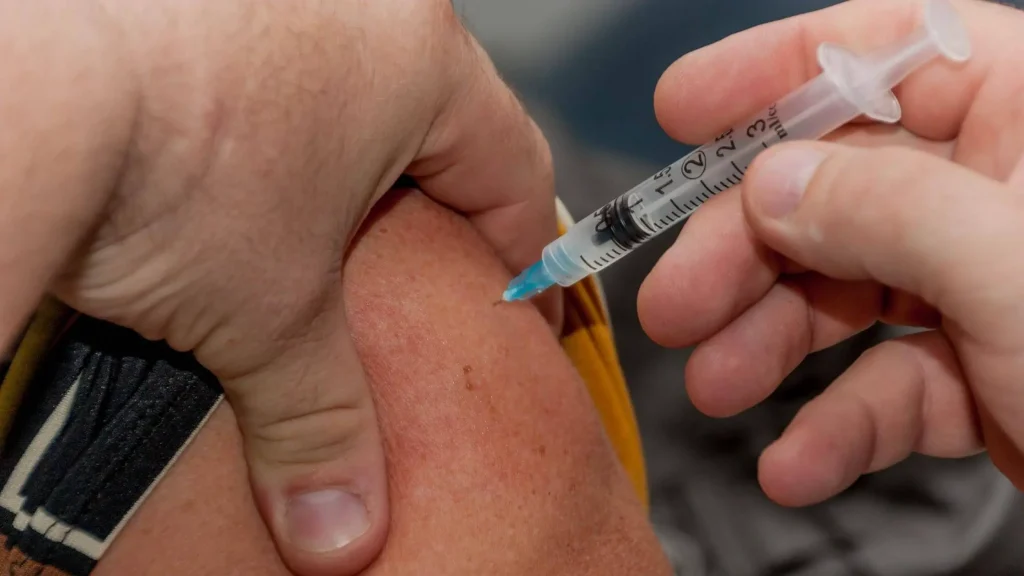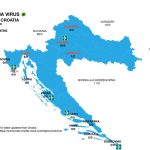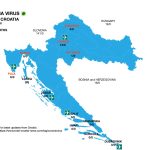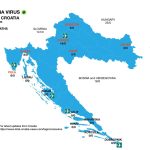“In Croatia, the number of new cases per million people is now 221 on average, hospitalisations are rapidly falling, with slightly over 500 people currently being treated in hospital, and the daily number of deaths over the past several days has been below 10”, HZJZ director Krunoslav Capak said.
“All these stable epidemiological indicators allow us to ease the restrictions on the one hand, and recommend extra caution and security to our elderly, most vulnerable citizens on the other,” Capak said, adding that the European Centre for Disease Prevention and Control and the European Medicines Agency have issued a joint recommendation for a second booster dose for the elderly.
The fourth dose or the second booster dose should be administered at least four months after the first booster dose, and the mRNA vaccine of Pfizer or Moderna should be used for this purpose. The second booster dose is also recommended to persons with an increased risk of developing serious forms of the COVID-19 disease who have been immunised with the Janssen vaccine.
As for the quarantine mandate, the HZJZ said that persons who have been in contact with a COVID-infected person need not quarantine any more, regardless of their vaccination status or whether or not they have recovered from COVID-19, but must wear a face mask for 10 days after their last contact and self-test on the fifth day. They must also avoid any large gatherings and contacts with people at risk of developing serious forms of COVID-19.
For all you need to know about coronavirus specific to Croatia, make sure to bookmark our dedicated section and select your preferred language if it isn’t English.











